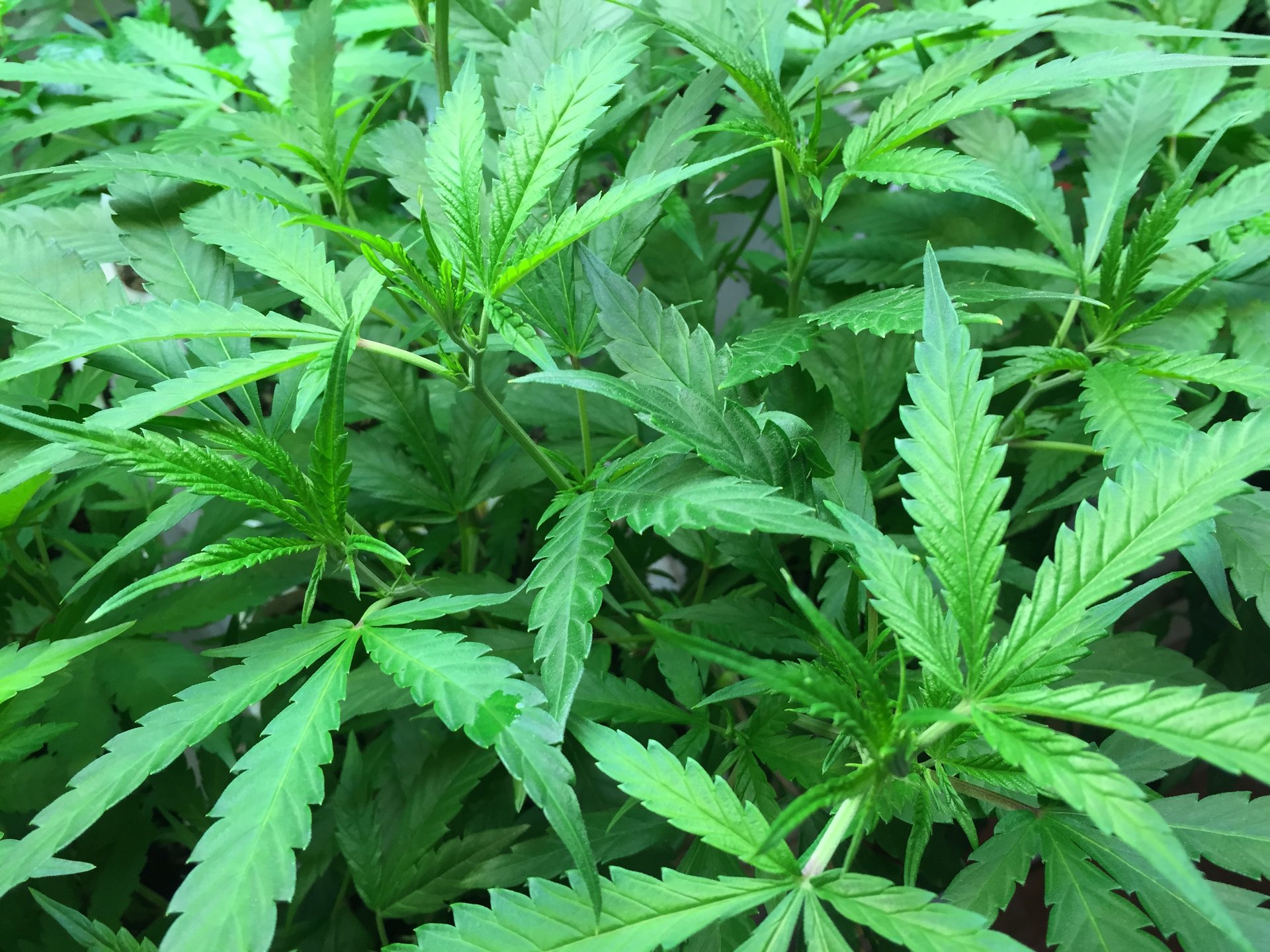Blue-ribbon marijuana plants will be on display at the upcoming Oregon State Fair
The best of Oregon’s crops and cows will make their way to the state capital at the end of this month for the Oregon State Fair. As with most state fairs, there will be plenty of cotton candy, rickety carnival rides, and foods that probably shouldn’t be deep fried. In Oregon, though there will be one unique exhibition no other state can claim: a legal display of award-winning marijuana plants.


The best of Oregon’s crops and cows will make their way to the state capital at the end of this month for the Oregon State Fair. As with most state fairs, there will be plenty of cotton candy, rickety carnival rides, and foods that probably shouldn’t be deep fried. In Oregon, though there will be one unique exhibition no other state can claim: a legal display of award-winning marijuana plants.
Fairgoers over the age of 21 can see the plants at the Oregon Cannabis Business Council’s booth in an exhibition hall. “You can’t display plants out in the open,” says Don Morse, head of the council, “because there are kids around. So the plants will be in a greenhouse, manned by security guards.”
For now, the only plants allowed will be ones without flowers, so security won’t have to worry about visitors trying to sneak samples. Under current Oregon law, even with the legalization of recreational marijuana use, only nonflowering plants can be displayed in public, and only by medical users. With more than 70,000 medical cardholders in the state—who can each own up to six mature plants—there are plenty of specimens that can compete.
Oregon is the first to feature marijuana anywhere at their state fair. The Denver County Fair held a judged marijuana contest in 2014, but it was held off-site and only photographs of the winning brownies and plants were displayed at the actual fairgrounds.
Ed Rosenthal, who bills himself as the “guru of ganja,” will be inspecting the plants during the actual contest two weeks before the fair begins, and awarding them ribbons based on their color, structure, pruning, and spatial noding, a characteristic that determines the number of flowers that develop. “This is celebrating the plant as Oregon’s newest farm crop,” says Morse.
Oregon voters approved a measure legalizing recreational marijuana in 2014, but “there’s a lot of tweaking in the laws and rules that needs to be done,” says Morse. When he approached the Oregon Liquor Control Commission, the state agency in charge of regulating recreational marijuana, the head of the agency admitted they hadn’t considered the possibility of marijuana contests. “It’s a learning process,” Morse says.
While medical marijuana has been legal in Oregon since 1998, “some people have never seen a plant before,” Morse says. He stresses that the marijuana contest and the fair ground display are “not about promoting use,” but about educating people on the state’s newest agricultural sector. “Oregonians, for the first time, can get up close and see what a real marijuana plant looks like.”